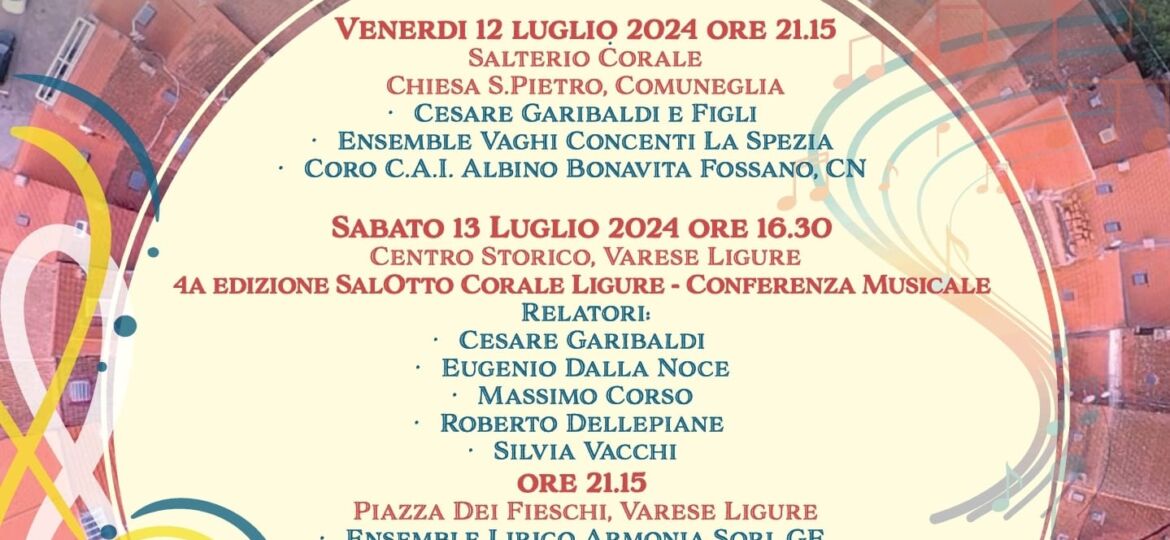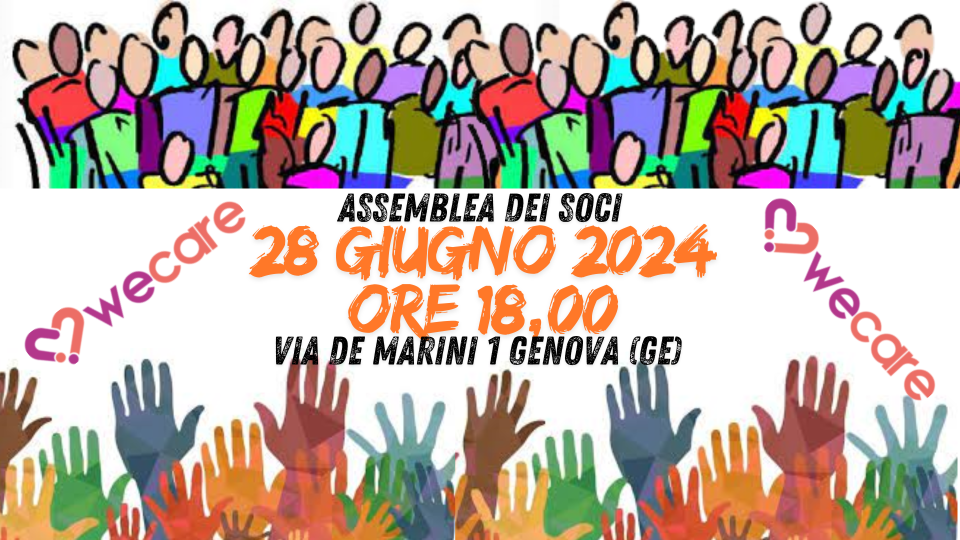News
BEATRICE ha subito messo a frutto il suo impegno mandandoci i suoi video e facendo conoscere WE CARE e le…
Chi ama la musica ha un animo sensibile e non può rimanere indifferente verso chi ha più bisogno UN GRAZIE…
Compiere 18 anni è una cosa meravigliosa, ma lo è ancora di più se lo si fa con la sensibilità…
C’è chi le ferie le ha già fatte e chi partirà a breve, ma la solidarietà quella no, non si…
MENTRE TADEJ MACINA VITTORIA E DOMINA ANCHE IL TOUR DE FRANCE PREND E IL VIA SU E-BAY L’ASTA PER AGGIUDICARSI…
UN ONORE ESSERE ACCOLTI IN UN CONTESTO COSI’ SUGGESTIVO ED UN’ATMOSFERA CARICA DI STORIA COME QUELLA CHE SI RESPIRAVA ALLA…
100 % DELLE DONAZIONI UTILIZZATE PER IL SOSTEGNO ALLE INIZIATIVE A FAVORE DEI PAZIENTI ONCOLOGICI” obbiettivo raggiunto con il lavoro…










